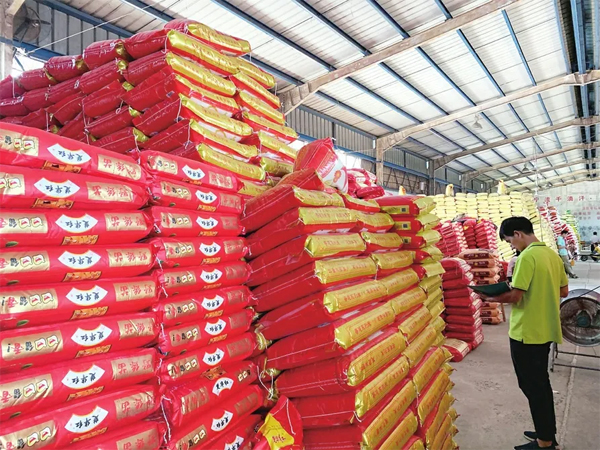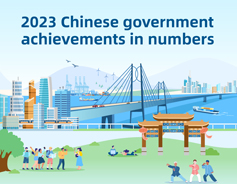Maoming bureau awarded for devotion to city's development
- (chinadaily.com.cn)
- Updated: 2020-12-22
The Maoming development and reform bureau was recently awarded as one of the "advanced collectives of Guangdong province" for its efforts in boosting the city's high-quality development.
By focusing on the construction of major projects, the bureau has been optimizing the railway network in Maoming in recent years to bring more convenience for people's traveling and laying a solid foundation for economic development.
By the end of 2019, the total railway length in the city reached 319 kilometers, 55 km more than that in 2015. The Maoming section of the Shenzhen-Maoming Railway was put into use in July 2018, integrating the city into the two-hour economic circle of the Pearl River Delta.
From 2016 to 2020, Maoming has attracted a total of 309 provincial-level and 658 city-level key projects. To promote their construction, the bureau took the lead in launching the related measures to give priority in land use, energy use, funds, and total pollutant discharge targets.

Officials of the Maoming development and reform bureau inspect the emergency rice reserve. [Photo by Chen Zhikun/WeChat account: maofabu]
After the outbreak of the COVID-19 pandemic, the bureau led the establishment of the general headquarters for major projects in the city to support their work and production resumption efforts.
It helped purchase 246,000 masks and six batches of disinfectant to assist all 144 key projects under construction in the city resume their work before April 2.
The preferential policy of periodically reducing the prices of water and electricity was also actively implemented by the bureau. From February to September, the total amount of reduced water and electricity charges for enterprises and individual businesses in the city amounted to nearly 74.09 million yuan ($11.30 million).
The bureau also took the lead in optimizing the investment project approval process. The number of items involved in the project approval, construction application, and acceptance inspection process has been reduced from 110 to 77, while the approval time has been cut from over 192 working days to 45 working days.
In addition, it organized and carried out temporary control of the prices of vegetables, pork, and other foodstuffs to alleviate the impacts of rising prices, especially those caused by the COVID-19 pandemic, on the basic livelihood of low-income people in the city.
A temporary price subsidy of nearly 17,604.2 yuan has been issued by the bureau, benefiting nearly 3.19 million low-income people in the city.


